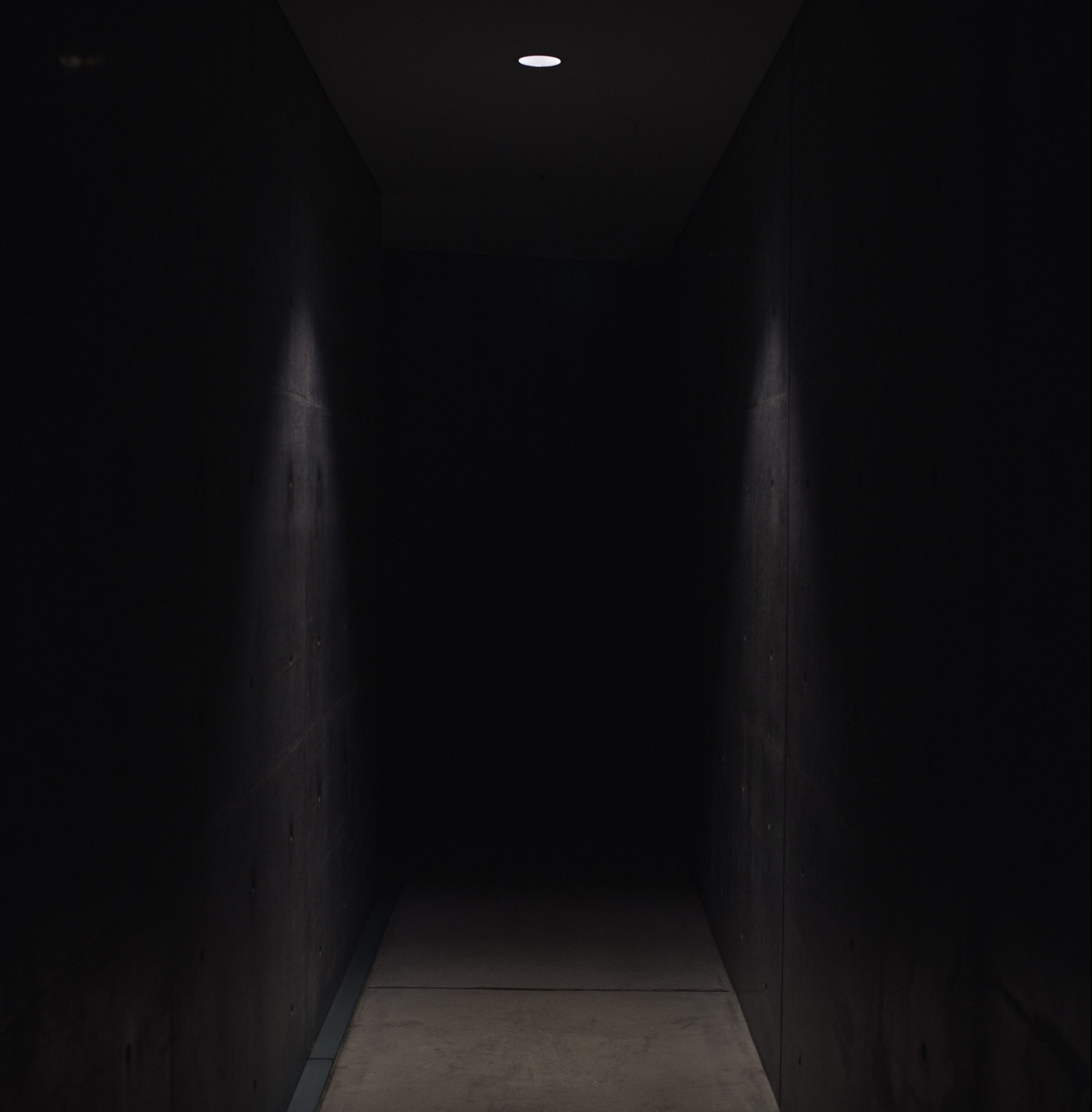Do you hear voices? Do you have too much on your mind to get any sleep? Do you wonder if you are still alive?
These are frightening thoughts. But, they are the thoughts that people have when they are in solitary confinement, a correctional method used for violent inmates. Recently, solitary confinement is being used for mentally ill inmates.
To those who do not struggle with mental illness, it is common sense that subjecting mentally ill people to this treatment is not a good idea. But, this is what is happening is BC.
The treatment of mentally ill inmates in B.C. is the most regressive in the country according to the Community Legal Assistance Society (CLAS). Their recent report questions BC’s Mental Health Act. In fact, people are taking legal action, which will certainly draw attention to the flaws within the Act. The Act needs to be revised.
Surprisingly, involuntary detention can occur if it is believed that a person will deteriorate, including if they are deemed a threat to themselves or others, under BC’s mental health Act. The report also raises questions about how the decisions to detain inmates are being made.
With detention numbers rising, the report calls for improved monitoring, in addition to other recommendations such as better training for health-care providers, regular review hearings for detention cases, and re-establishing an independent mental health advocate.
As always, there are critics of the CLAS report who believe that the Act doesn’t need to be touched. In particular, these critics refer to several cases where had the involuntary detention policy not been enacted, these individuals may have become threats to themselves or others, not improved in health, or lost valuable time in their lives. Critics also argue that not detaining some of these patients could result in injuries, and unnecessary hospitalizations, costing taxpayers.
No one seems to be acknowledging that most cases cannot be generalized. There is no “one fits all” policy.
BC’s Mental Health Act needs to be re-evaluated, with a focus on reconciling human rights by providing necessary care and protection for everyone.



